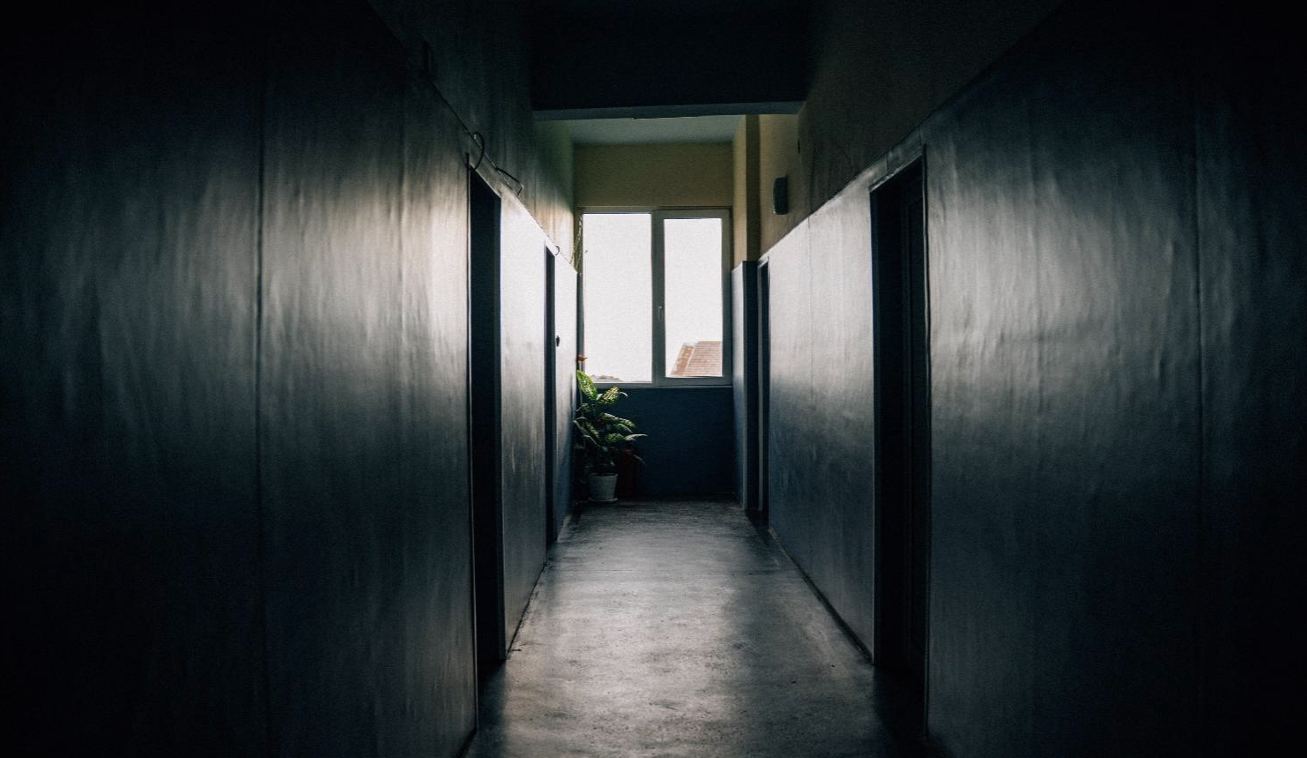Open letter – Dependent but autonomous in search of deinstitutionalisation:
For the collective Bap.Brussels
Mail: collectif@bap.brussels
Sonja Desimpel, Martine Gooskens, Paul Van Walleghem, Cléon Angelo www: www.bap.brussels
Iriscare abolishes the Personal Assistance Budget (BAP) in Brussels
In 2024, both in the recommendations of the United Nations Committee on the Rights of Persons with Disabilities, in those of Unia’s shadow report, and in the European Commission’s Guidance on Independent Living for Persons with Disabilities, experts have repeatedly asked Belgium to draw up a genuine deinstitutionalisation plan and to allow this transformation through personal assistance budgets. All of them note that funding goes primarily to the institutions.
Despite this, Brussels, the capital of Europe, decided to halt progress and abolish the BAP (Personal Assistance Budget, from its French acronym), granted currently to 44 disabled people. It blocks access to others, waiting for autonomy of choice.
Since 2009, the BAP, supported by the AccessAndGo-ABP association, has operated in Brussels as a pilot project. But unlike in Wallonia and Flanders, where the government has committed to drastically reducing the waiting list, no legislation has emerged to ensure its sustainability. The result: lives built day after day now abruptly demolished by an administrative decision.
The BAP: a tool for autonomy and inclusion
The Brussels BAP is one of the few public initiatives allowing disabled people, regardless of their age or type of disability, to benefit from tailor-made support. This budget, calculated according to real needs, offers them the opportunity to organise their daily lives according to their choices: assistance with essential life activities (e.g. getting up, eating, moving around), domestic tasks, social and professional activities, and more.
The BAP symbolises a fundamental right: to live with dignity and to choose how to organize one’s life. Removing or limiting this right means imposing standardised and often inadequate solutions on disabled people. Why accept what we would refuse for any other category of citizens?
A question of dignity, not pity
The BAP embodies a right, not a privilege. Its implementation 15 years ago was hailed as a significant change in attitudes and representation of people with disabilities. Compared to other services, this funding allows them to have:
- The right to choose their activities at the desired time.
- The right to hire and manage their assistants.
- The right to live as a couple, as a family without being totally dependent on it, thanks to an accompaniment respectful of their desires and their needs.
- The right to support in the role of parents. Through personal assistance that compensates for disabilities, a disabled mother or father can arrange for appropriate care for their children.
- The right to change accommodation while keeping its budget of autonomy.
- The right to genuine autonomy, such as hiring a person to help them manage their own lives and thrive.
- The right of the entourage of a person with a disability to have the help and human support to assume their family and professional responsibilities as well.
Imagine a world where every person, regardless of their physical or cognitive ability, can decide whether they want to work, do theater, gardening, go on vacation or… just do nothing. The BAP makes this possible!
A unilateral and regressive decision
By interrupting this timid beginning of deinstitutionalisation, achieved after long years of struggle, on the pretext that too many candidates are on the waiting list and that it benefits only a privileged few, Iriscare ignores all the recommendations already mentioned and deprives citizens with disabilities of a fundamental right.
Based on the reasoning of the Brussels administration, we can also overnight close all institutions with a waiting list, close all homes, reception centres where the same “privileged” residents live, impose income criteria to access them … In fact, apply, overnight, to collective structures what is done to the Brussels BAP. Let’s be serious! Iriscare’s decision reflects a complete misunderstanding of the concept of independent living and inclusion: it is not a question of putting people back at the “centre” of an institutional set-up, nor of guiding them in their choice of assistance, but rather of enabling them to be at the centre of their lives and to be fully in the community.
Socio-economic issues
The abolition of the BAP comes in an already difficult context for disabled people. Faced with daily challenges, they are bearing the brunt of the economic and energy crisis. Complex administrative procedures, limited access to care, the exclusion of outpatient and hospitalisation insurance, the reduction in the reimbursement of individual aid since the sixth reform of the State, other additional costs linked to disability (in particular to travel, accommodation) all these elements can very quickly push a citizen into poverty and social isolation.
Our demands
In the face of this unacceptable setback, we call for:
- Maintaining BAP funding in Brussels.
- Legalising the BAP in Brussels in accordance with Article 19 of the United Nations Convention, the recommendations of the Committee on Persons with Disabilities, those of UNIA and the opinion of the European Commission. Instability is enough!
- Redirecting funding, giving priority to personal assistance over the financing of the institutions.
- Stop associating entitlement to BAP with family income.
- Recognising the diversity of needs without prejudice, be it physical or mental support.
- Respecting the life choices of disabled people. Who better than them can set their priorities?
- Having representation of disabled people in Iriscare structures, to ensure that their rights and needs are respected.
Disability should no longer be seen as a burden but as a reality to be integrated into public policies. The enforcement of human rights should not depend on budget appropriations or a waiting list. Human dignity is not negotiable, and the mechanisms that erode it must be fought with determination. Every day without legalized BAP is a day when lives are held back, couples and families are weakened, and real inclusion is forgotten.
Together, let us demand that the fundamental rights of disabled citizens be at the heart of political decisions, and let us recall that their inclusion is a wealth for all of society.



